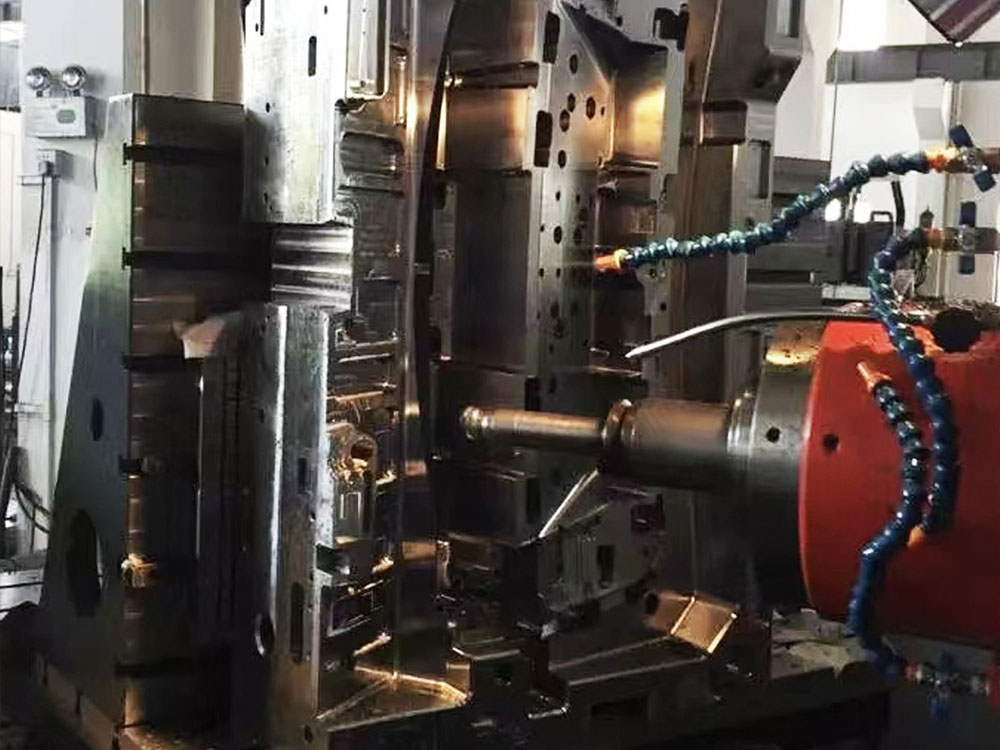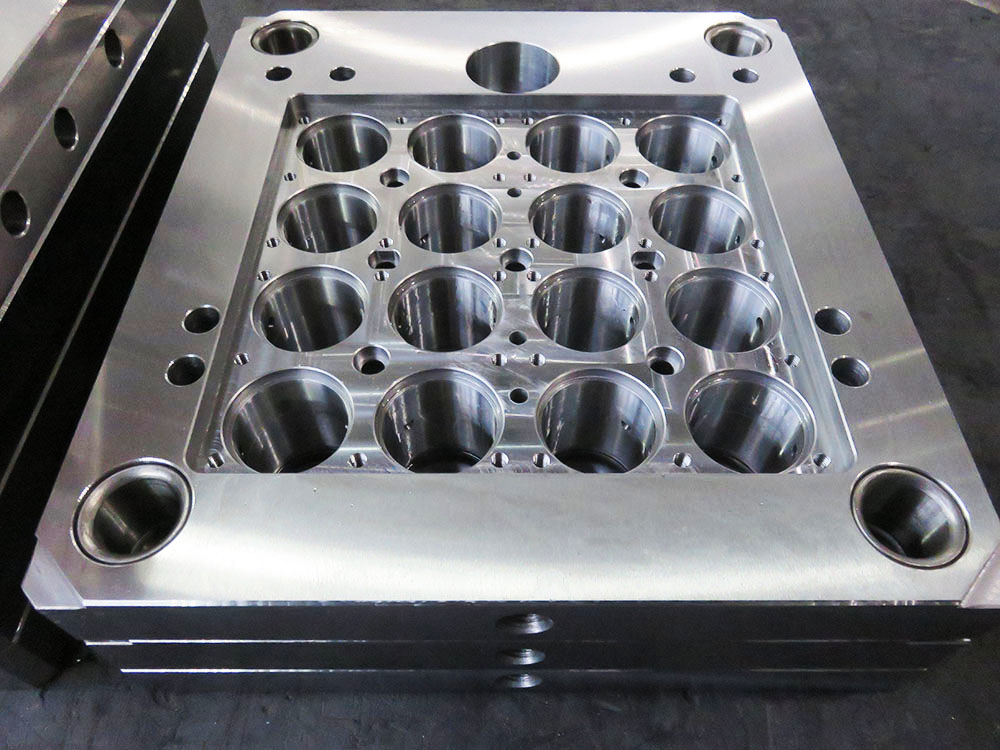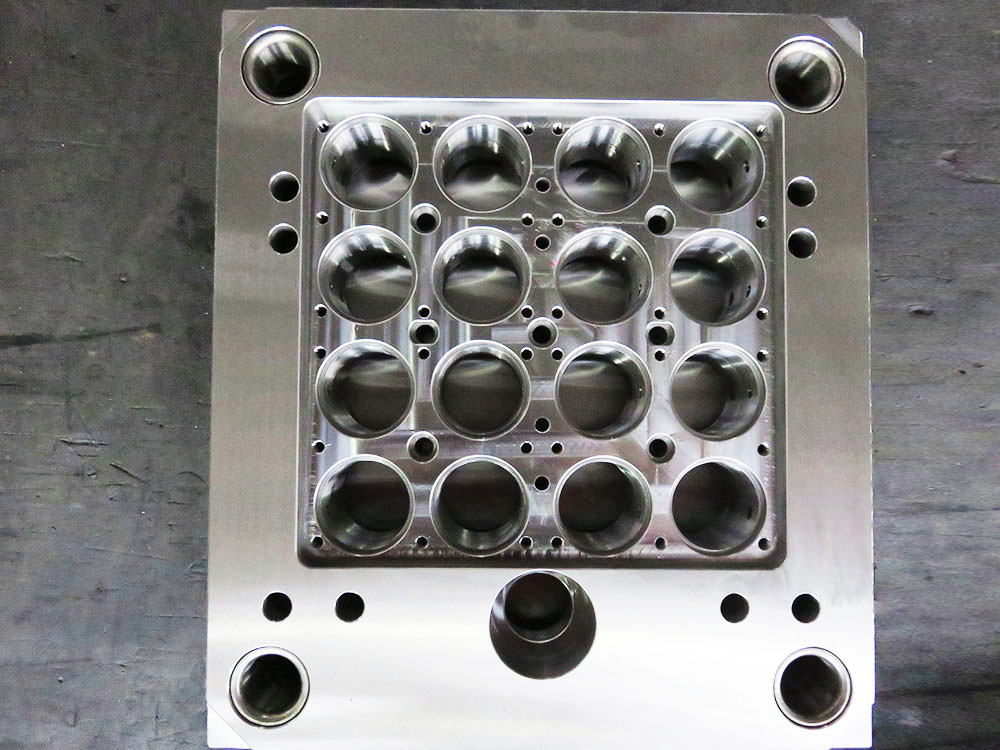What is an FCL Framework in the Mold Base Industry?
In the mold base industry, an FCL (Fully Customized Layout) framework is a specialized approach to designing and manufacturing mold bases for injection molding processes. It involves the customization of various components and features to meet the specific requirements of a given mold, ensuring optimal functionality and efficiency in the production process.
The Significance of FCL Frameworks in the Mold Base Industry
FCL frameworks play a critical role in optimizing mold base designs for injection molding processes. By customizing the layout, it becomes possible to achieve increased precision, enhanced functionality, and improved productivity throughout the entire production cycle.
One key aspect of the FCL framework is the customization of the mold plate. Control systems, cooling channels, and ejector systems can be precisely integrated within the mold plate, allowing for efficient heat transfer and easier mold ejection, respectively.
Moreover, an FCL framework allows for the customization of the mold base itself. This includes the configuration of the plates, cavities, and cores, as well as the incorporation of alignment features and gating systems. The customization ensures a seamless fit for the mold components, reducing the risk of defects and downtime.
Benefits of Implementing FCL Frameworks in the Mold Base Industry
Implementing FCL frameworks in the mold base industry offers several significant benefits, including:
1. Enhanced Productivity:
Customized layouts in FCL frameworks optimize the mold base design for specific production requirements, leading to improved cycle times, reduced waste, and increased production output.
2. Improved Product Quality:
FCL frameworks allow for precise integration of cooling channels and other essential features, ensuring consistent cooling and reducing the likelihood of defects such as warping or shrinkage.
3. Cost Reduction:
By customizing the mold base layout, manufacturers can eliminate unnecessary features, reduce material waste, and improve overall resource utilization, resulting in cost savings.
4. Flexibility and Adaptability:
An FCL framework enables mold base manufacturers to cater to a wide range of product designs and production requirements. The ability to easily customize the mold base layout allows for rapid adaptation to changing customer demands.
5. Streamlined Maintenance and Repair:
With a customized FCL framework, mold base maintenance and repair processes become more efficient. The modular design of the mold base allows for easy access to individual components, simplifying troubleshooting and reducing downtime.
Conclusion
The use of an FCL framework in the mold base industry brings numerous advantages, ranging from enhanced productivity and product quality to cost reduction and improved flexibility. By harnessing the power of customization, manufacturers can maximize the efficiency and functionality of mold bases, leading to more successful injection molding processes.




